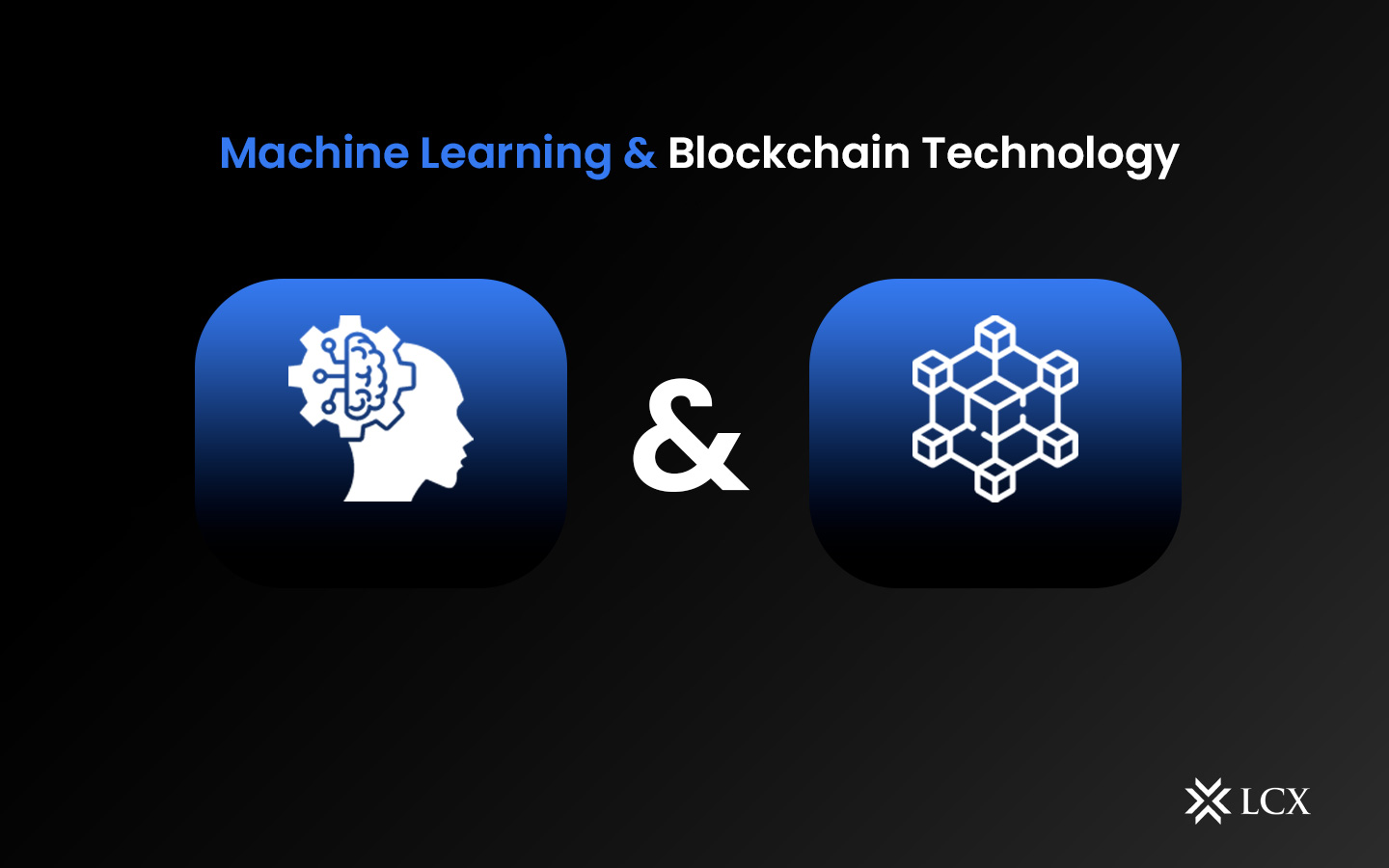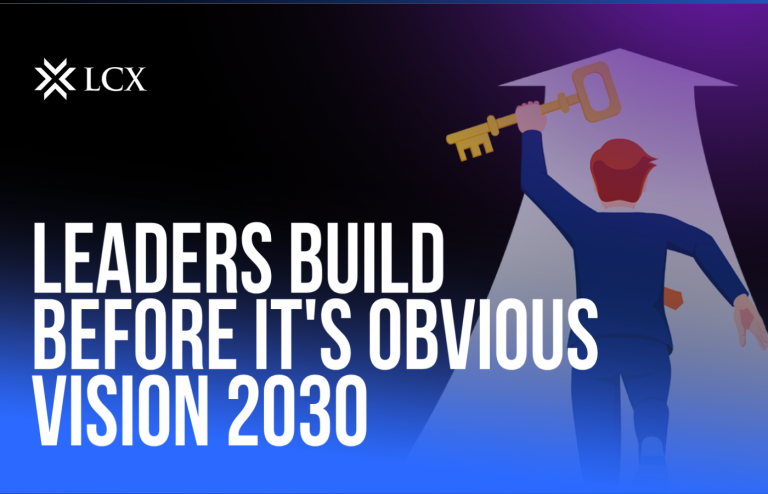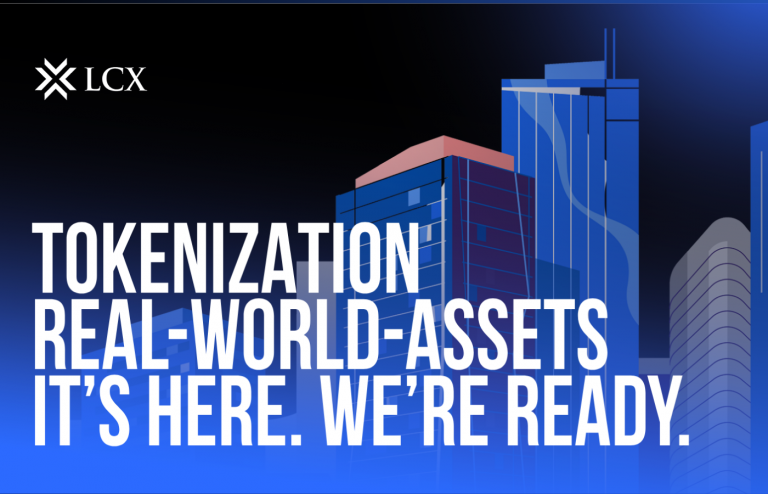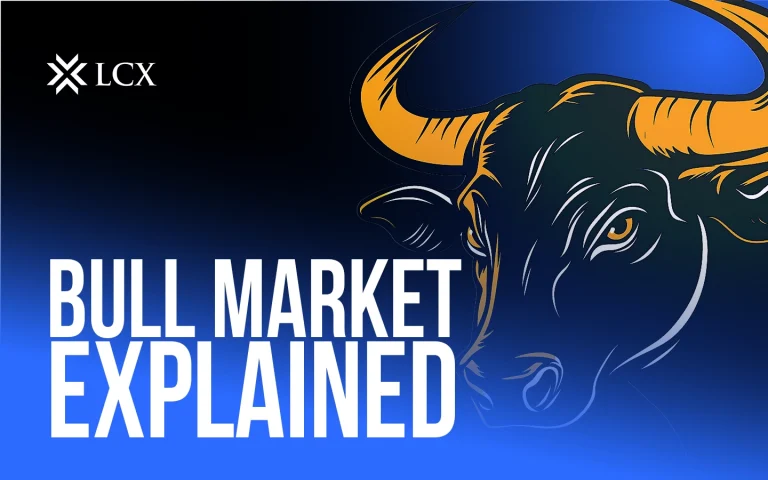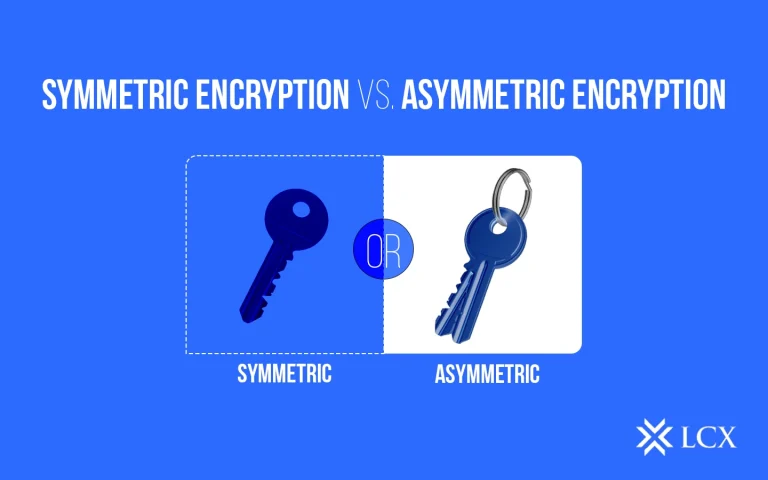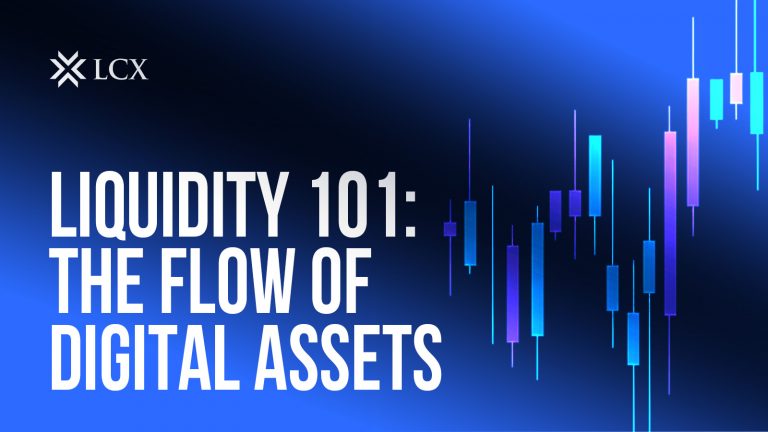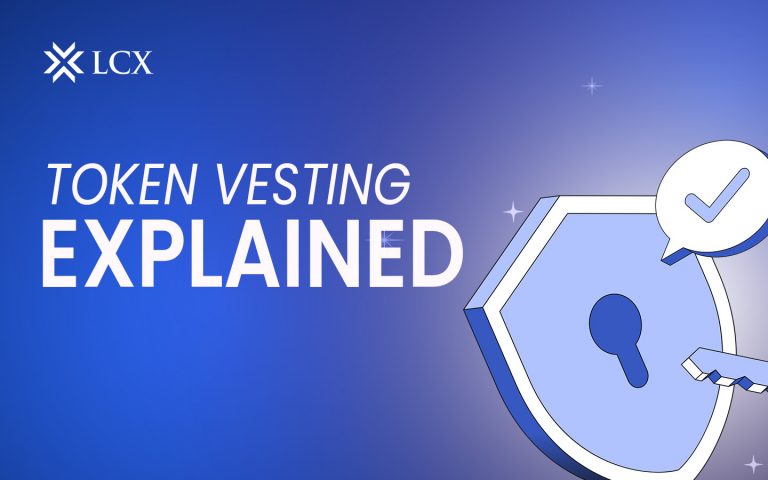In recent years, blockchain technology has risen to prominence. This technology enables individuals to interact directly through a highly secure and decentralized system, without the need for an intermediary. In addition to its own capabilities, machine learning can assist blockchain-based systems overcome many of their limitations. The combination of these two technologies can yield effective and efficient outcomes.
Understanding Blockchain Technology
The fundamental concept of blockchain technology is to decentralize data storage so that it cannot be possessed or managed by a single entity. It can be amended by a transaction sheet, in which a transaction cannot be altered once it has been recorded. Consequently, the forthcoming transaction must be validated by a trusted party before being entered into the spreadsheet. The only distinction is that the decentralized architecture of nodes verifies the new set of records. There is no need for a centralized entity to verify the records.
Although the mechanism of blockchain technology is complex, it can be viewed as a collection of interconnected nodes that maintain the flow of data. In this chain, the present block contains the hash of its immediate predecessor, and so on. Using this type of system, the blockchain mechanism makes its data and transactions traceable. In lieu of this, they are resistant to changes, such that the older blockchain cannot be modified despite the fact that there are still changes conducted in the block, signifying changes in their hash.
Components of Blockchain Technology
A blockchain comprises of the three important components listed below:
Block: As its name suggests, blockchain is composed of many blocks, with each block containing three fundamental components:
- Data
- Nonce
- Hash
Miners: Miners are responsible for adding new entries to the blockchain via the mining process.
Nodes: Decentralizing the data in different blocks is one of the most essential concepts behind blockchain. Therefore, no one individual can possess all the information. This makes it possible for multiple individuals or organizations to own the chain.
Understanding Machine Learning
Machine learning, a subset of artificial intelligence, empowers systems to learn from data and make data-driven decisions without explicit programming. Algorithms in ML continuously improve their performance as they gain experience through data analysis, pattern recognition, and predictive modeling. This capacity to learn and adapt makes machine learning an invaluable tool in various applications, from image recognition to natural language processing.
Benefits of the Machine Learning Integration in Blockchain-Based Applications
Improving Data Quality and Integrity
One of the significant challenges faced by blockchains is ensuring the accuracy and reliability of data. ML algorithms can play a pivotal role in validating, cleaning, and verifying data on the blockchain. Smart contracts powered by ML can analyze incoming data, detect anomalies, and prevent fraudulent activities in real-time, enhancing the overall integrity of the blockchain network.
Decentralized Identity Verification
Combining ML with blockchain technology can lead to innovative solutions in decentralized identity verification. Traditional identification methods can be cumbersome and prone to data breaches. By leveraging ML algorithms, individuals can maintain control of their personal information while entities can still perform identity verification with a higher degree of accuracy, ensuring data privacy and security.
Scalability through Off-Chain Processing
The scalability issue has been a persistent challenge for blockchain networks. ML can help alleviate this problem by enabling off-chain processing of complex calculations and data analysis. By moving resource-intensive computations off the blockchain and utilizing ML-powered side chains or state channels, networks can achieve greater scalability without compromising security.
Enhanced Security and Fraud Detection
Blockchain’s inherent security features make it a robust framework, but integrating it can take security to a whole new level. ML algorithms can continuously analyze blockchain transactions to detect suspicious patterns or potential threats, allowing for real-time fraud detection and prevention. This synergy reinforces the overall security posture of blockchain networks, making them more resilient against attacks.
Smart Contract Optimization
ML can optimize smart contracts by predicting contract execution outcomes and automating contract adjustments based on dynamic variables. Through ML-powered insights, smart contracts can be fine-tuned to perform better, respond to changes in conditions, and become more adaptive to real-world scenarios, enhancing their efficiency and functionality.
Predictive Data Analysis
Blockchain technology generates a vast amount of data from various sources. Machine learning can analyze this data to uncover valuable insights, trends, and patterns. Businesses and organizations can leverage these predictive analytics to make data-driven decisions, streamline operations, and develop strategies that cater to their specific needs.
Supply Chain Management and Transparency
The combination of ML and blockchain in supply chain management can lead to unprecedented levels of transparency and traceability. ML algorithms can analyze supply chain data, identify bottlenecks, predict demand, and optimize logistics. Integrating this information into a blockchain ensures that all stakeholders have access to real-time data, fostering trust and accountability throughout the supply chain.
Autonomous IoT Networks
The Internet of Things (IoT) can benefit significantly from the synergy between ML and blockchain. ML Falgorithms can be deployed on IoT devices, enabling autonomous decision-making and local data processing. Blockchain, in turn, facilitates secure and decentralized communication between IoT devices, enhancing the overall reliability and privacy of IoT networks.
Applications of Machine Learning and Integrated Blockchain Systems
There are numerous applications for systems that incorporate machine learning and blockchain. Listed below are some of them:
Enhanced Customer Service: Customer satisfaction is a top priority for any business that serves consumers. Using a machine learning model or some sort of AutoML framework on a Blockchain-based application, businesses can make customer service more efficient and automated.
Data Trading: Using the machine learning (ML) models in the blockchain, companies utilizing the blockchain for global data trading can speed up their services. Where the task of ML models is to manage the data’s trading routes. As an alternative, it can also be used for data validation and encryption.
Product manufacturing: Currently, the majority of large manufacturing entities or organizations have adopted blockchain-based processes to improve production, security, transparency, and compliance checks. Integrating ML algorithms can make it easier to make flexible plans for machinery maintenance at specific intervals. In lieu of this, ML integration can aid in automating Product testing and quality control.
Smart Cities: Machine learning and blockchain technologies play a crucial role in the development of smart cities. For instance, smart homes can be monitored by machine learning algorithms, and device personalization based on blockchain technology can improve the quality of life.
Surveillance System: Due to the escalating crime rate in the current environment, security is a major concern for the public. Both ML and BT can be used for surveillance, with BT administering the continuous data and ML analysing it.
Conclusion
The convergence of machine learning and blockchain technology holds the potential to transform industries, revolutionize data management, and introduce novel solutions to long-standing challenges. As both technologies continue to advance and mature, their symbiotic relationship will shape the future of decentralized applications, secure data sharing, and autonomous decision-making.
This synergy represents an exciting frontier, and as more innovators explore its possibilities, we can anticipate a new era of efficiency, transparency, and trust in the world of technology and beyond. Embracing this powerful alliance will undoubtedly drive us toward a decentralized and intelligent future.
